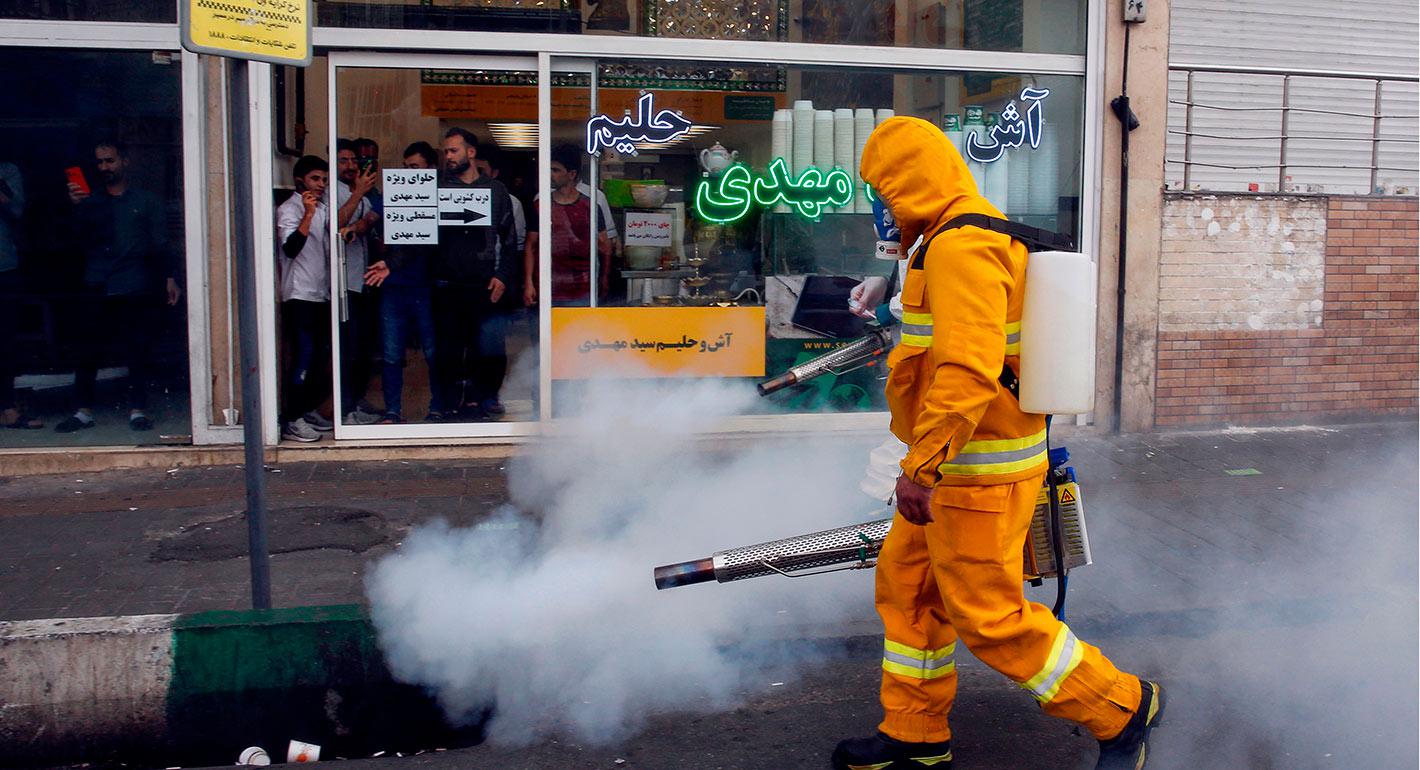1 to 10 of about 12

After Turkey’s request to purchase F-16 fighter jets from the United States, the Biden administration and U.S. Congress have a decision to make. By choosing to sell the jets, the United States could inject new energy into the Turkey-U.S. alliance.

More than an effort to prevent nuclear proliferation, the killing of Iran’s top nuclear scientist was sanctioned to foment trouble between Washington’s incoming administration and Tehran.

Domestic mismanagement and international hostility have complicated Iran’s response to the coronavirus threat, fueling one of the world’s most dire outbreaks.

The U.S. secretary of state will arrive in Saudi Arabia on February 19. Can he and Saudi leaders rekindle the spark in the two countries’ long-standing relationship?

The escalating conflict between the United States and Iran seems to be cooling off. But any relief may be short-lived.

In a bombshell announcement, the United States has said that Israeli settlements are no longer inconsistent with International law. What are the likely consequences?

Shortly after the People’s Republic of China was founded seventy years ago, China and Middle Eastern countries forged a bond over their mutual opposition to colonialism. Today, China is the region’s biggest foreign investor.

If more Palestinian citizens of Israel vote, an unprecedented coalition between Arab parties and the main Israeli opposition party could scupper state plans to annex parts of the West Bank.

Turkish President Recep Tayyip Erdogan’s Justice and Development Party (AKP) lost the Istanbul mayoral election again. But when he meets with world leaders in Osaka, Erdogan will have even bigger challenges.

The most obvious reason for the delayed release of Trump’s promised Middle East peace plan is Israel’s unsettled electoral politics. But Palestinian opposition and Arab apathy also limit its prospects.